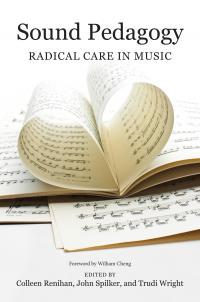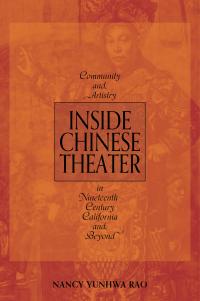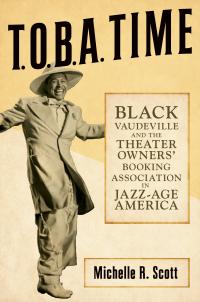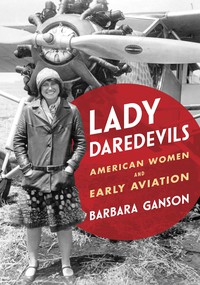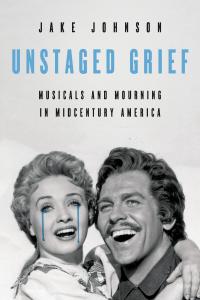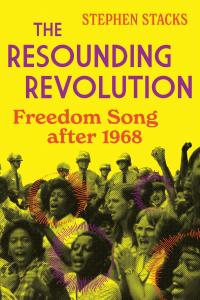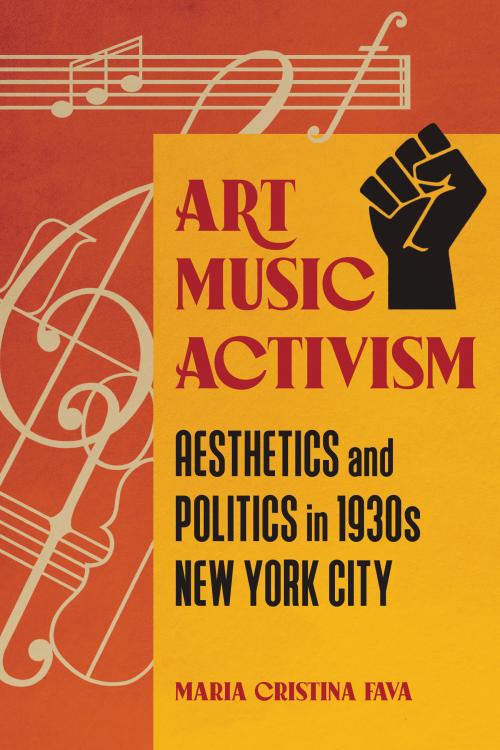
Art Music Activism
About the Book
Surrounded by the widespread misery of the Depression, left-leaning classical music composers sought a musical language that both engaged the masses and gave voice to their concerns.Maria Cristina Fava explores the rich creative milieu shaped by artists dedicated to using music and theater to advance the promotion, circulation, and acceptance of leftist ideas in 1930s New York City. Despite tensions between aesthetic and pragmatic goals, the people and groups produced works at the center of the decade’s sociopolitical and cultural life. Fava looks at the Composers’ Collective of New York and its work on proletarian music and workers’ songs before turning to the blend of experimentation and vernacular idioms that shaped the political use of music within the American Worker’s Theater Movement. Fava then reveals how composers and theater practitioners from these two groups achieved prominence within endeavors promoted by the Works Project Administration.
Fava’s history teases out fascinating details from performances and offstage activity attached to works by composers such as Marc Blitzstein, Charles Seeger, Ruth Crawford Seeger, Elie Siegmeister, and Harold Rome. Endeavors encouraged avant-garde experimentation while nurturing innovations friendly to modernist approaches and an interest in non-western music. Blitzstein’s The Cradle Will Rock offered a memorable example that found popular success, but while the piece achieved its goals, it became so wrapped up in myths surrounding workers’ theater that critics overlooked Blitzstein’s musical ingenuity.
Provocative and original, Art Music Activism considers how innovative classical composers of the 1930s balanced creative aims with experimentation, accessible content, and a sociopolitical message to create socially meaningful works.
* Publication of this book was supported by the AMS 75 PAYS Fund of the American Musicological Society, supported in part by the National Endowment for the Humanities and the Andrew W. Mellon Foundation.
About the Author
Maria Cristina Fava is an associate professor of musicology at Western Michigan University.Reviews
Blurbs
“Fava brings to life the politics of political music faced by New York’s consciously engaged American art musicians of the 1930s. Her discovery of newly found documents is extraordinary and provides us with a deeper understanding of these debates. Wonderful to read and an important reassessment.”--Sally Bick, author of Unsettled Scores: Politics, Hollywood, and the Film Music of Aaron Copland and Hanns Eisler
